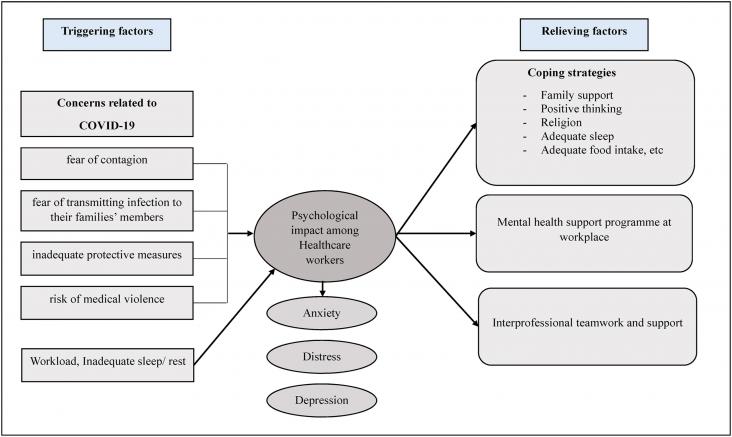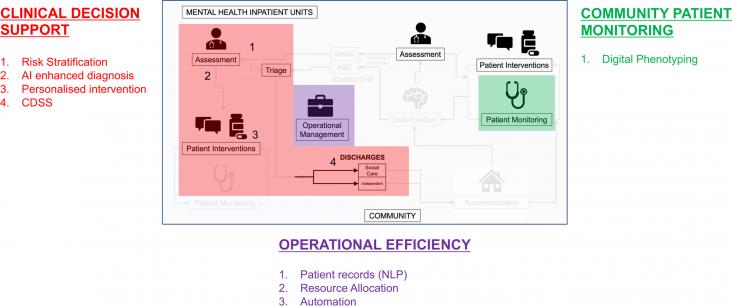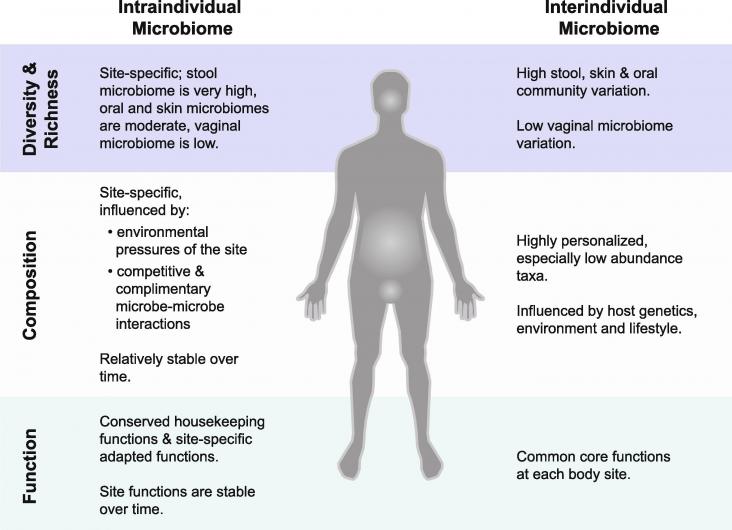
Public Health in Practice, Volume 2, November 2021
In Nigeria, the disparity between available healthcare services and need for mental health services is palpable. Although, the country has made significant advances on challenging public health problems, health-related policy development and legislation in trying to achieve health for all policy, there have been challenges with regards to mental health services including that of policy development and legislation, financing, research, training and integration of mental health care into primary health care.
Clinical Epidemiology and Global Health, Volume 11, 1 July 2021
Background: The effectivity role of community mental health worker (CMHWs) has several important gaps in the service provision at the community level. This study aimed to explain community mental health workers' effectivity role for the rehabilitation of mental health illness. Methods: A systematic review searched five electronic databases (Scopus, PubMed, ScienceDirect, CINAHL, and ProQuest) for previous studies published between 2015 and 2020. The Centre for Review and Dissemination and the Joanna Briggs Institute Guideline used to assess quality and Prisma checklist guided this review.
JAAD International, Volume 3, June 2021
Background: Skin diseases that cause chronic pruritus can have negative effects on a patient's quality of life. Objective: We evaluated the associations between chronic pruritus and psychological conditions including insomnia and depression. Methods: This study included responses from 91 participants with chronic pruritus (response rate: 74.6%).
SSM - Mental Health, Volume 1, December 2021, 100009
Mental and Behavioral Health of Immigrants in the United States, June 2020, Pages 3-24
Mental and Behavioral Health of Immigrants in the United States, June 2020, Pages 179-200
Mental and Behavioral Health of Immigrants in the United States, June 2020, Pages 157-178
Flexible Applications of Cognitive Processing Therapy, April 2020, Pages 225-238
Design for Health, January 2020, Pages 323-340
Starting At the Beginning, July 2020, Pages 295-315
Starting At the Beginning, July 2020, Pages 31-42
Community Mental Health Engagement with Racially Diverse Populations, May 2020, Pages 15-48
Community Mental Health Engagement with Racially Diverse Populations, May 2020, Pages 49-82
Community Mental Health Engagement with Racially Diverse Populations, May 2020, Pages 133-159
Technology and Adolescent Health, March 2020, Pages 283-304
Community Mental Health Engagement with Racially Diverse Populations, May 2020, Pages 49-82



